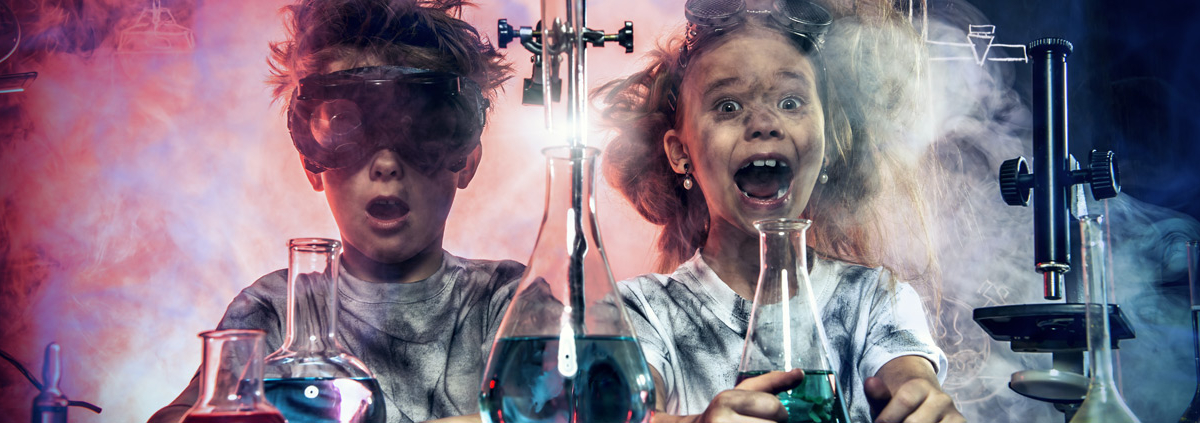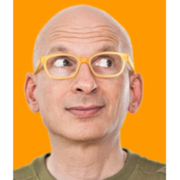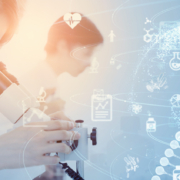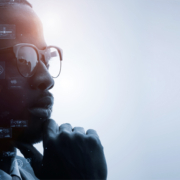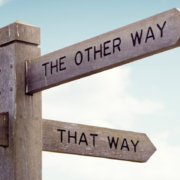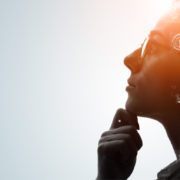What Is Science?
Along with all the disagreements and conflicting info about covid-19, there has been some confusion about science. Many people seemed to think anything science discovered about covid was complete and final, but that’s not how science works. Science is a constantly changing body of knowledge, or as the Science Council puts it:
Science is the pursuit and application of knowledge and understanding of the natural and social world following a systematic methodology based on evidence.
We very rarely reach the end of the search. When does something become accepted science? When the evidence is irrefutable. For instance, it’s been proven beyond any doubt that polio is caused by the polio virus, but science rarely reaches that kind of definitive answer.
Does that level of certainty exist as to what causes or prevents other serious diseases such as cancer, cardiovascular disease, high blood pressure, and so on? The question is complicated. I don’t think we have—nor will we ever have—complete answers about what prevents or causes these diseases, and here’s why:
- Each of our bodies contains trillions of cells, with 20 to 100 times more microbes in the microbiome.
- We each have an enormous number of genes in our genome, somewhere between 25,000 and a half-million genes—we don’t even know the total number yet.
- Add to that thousands of environmental factors.
- And all of the above can interact.
The best we can do is to apply the scientific method and see where it leads. And while we do that, we need to keep an open mind and be prepared to adjust what we think we know.
I think the best way to explain it is to use some examples to demonstrate the complexity, and in that way, explain the difference between risk, cause, and established science. We’ll do that on Saturday.
What are you prepared to do today?
Dr. Chet
Reference: https://sciencecouncil.org/about-science/our-definition-of-science/

